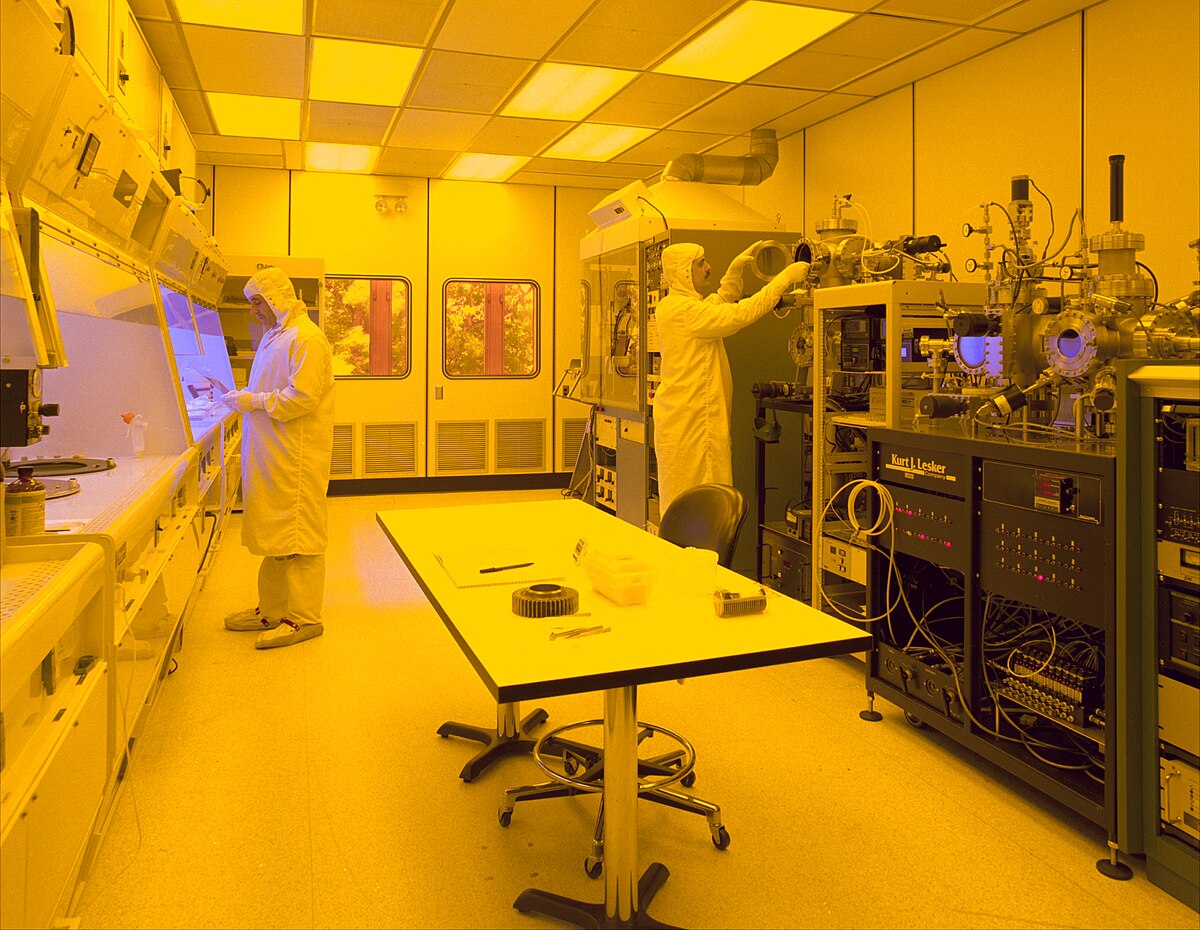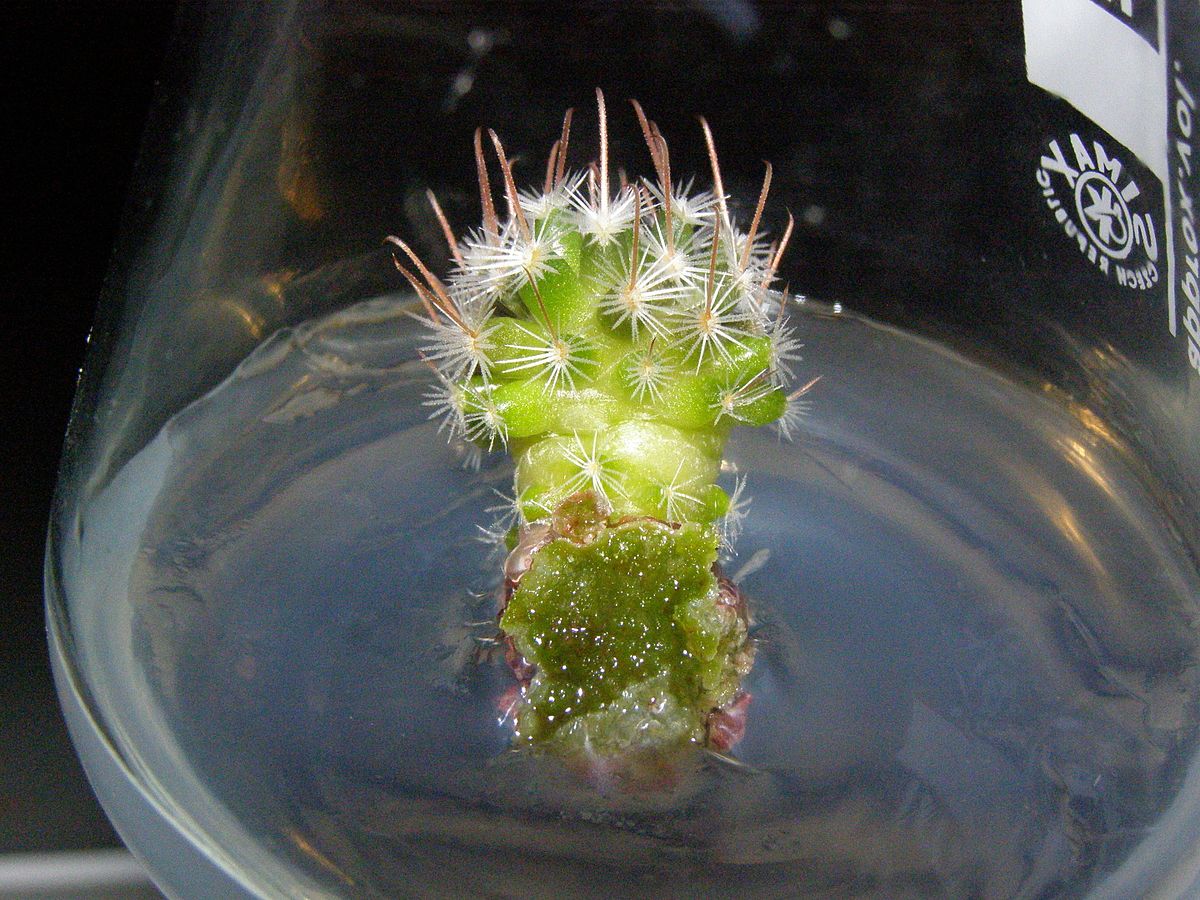A fair few people offer viroid testing,,,I was kinda into a company called delta leaf but ive heard bad reviews since ,,
I believe tests for about 8 different viroids are available nowadays ,,
Do you guys have any favourite companies at the moment?
I believe tests for about 8 different viroids are available nowadays ,,
Do you guys have any favourite companies at the moment?






